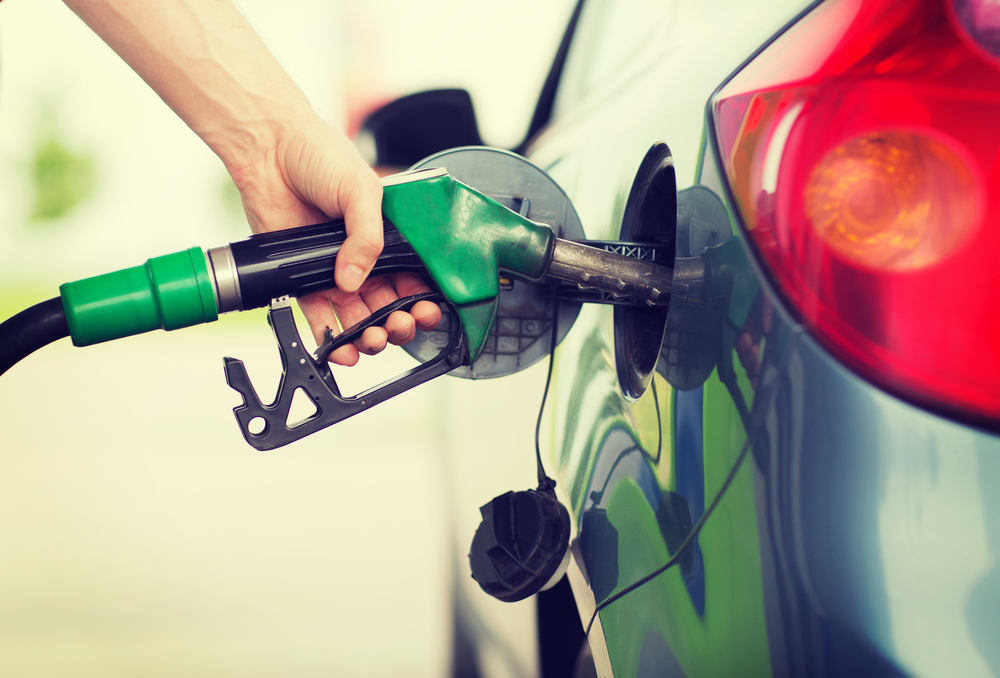According to economists at SBI, the country's largest lender, the rise in gasoline prices is causing individuals to spend less on non-discretionary items such as groceries, health, and utilities. According to a letter prepared by group chief economic adviser Soumya Kanti Ghosh, the government should consider lowering oil taxes, which are keeping gasoline and diesel prices high.
Petrol prices breached the Rs 100 per litre mark across the country, while diesel is also closing in on the three-figure mark per litre. As per estimates, over Rs 40 per litre goes as taxes and excise to governments at the Centre and states. The taxes were increased when the global crude prices had dropped but have not been rolled back even as crude prices have rebounded.
"As consumers are spending more on fuel, it is crowding out expenses on health. Our analysis of SBI card spends indicates that spend on non-discretionary health expenditure has been substantially reduced to accommodate increased expenditure on fuel," Ghosh said.
"Such spending has more than crowded out the spending on other non-discretionary items, like grocery and utility services to such an extent that the demand for such products has significantly declined," he added.
Ghosh warned that the high spending on fuel also has an impact on inflation, which has breached the upper end of the RBI's comfort band for the second month running for June, saying a 10 per cent increase in prices leads to a 0.50 per cent jump in headline consumer price inflation.
The note said there is a need for an "urgent cut in oil through tax rationalization", failing which consumer spending on non-discretionary items will continue getting distorted and crowd out discretionary expenses.
Meanwhile, Ghosh also wondered if the CSO data showing the headline inflation to be at 6.30 per cent for May, at a time of local lockdowns in many parts of the country, was a "data aberration". Most items in food and non-food have registered a de-growth in June, when compared with May, and core inflation for May has also undergone a large downward revision, he said in support of the doubts expressed on data aberration.
Even though inflation has shown a marginal decline, the levels are still elevated and combined with a decline in financial savings, are adding to household challenges, the note said. Ghosh estimated that during the second wave period (June 2021 over March 2021), the number of districts with deposits outflows might be double than the first wave.
Various leading indicators, including port cargo traffic, freight traffic, railway freight earning, manufacturing PMI, steel consumption have worsened sequentially in June compared to their levels in May, it said.
The note said the second wave is showing signs of having a "fat tail" and is not yet over, as daily cases continue to be over 40,000 with Maharashtra and Kerala reporting higher infections. Vaccinations hold the key and the country has given both doses to only 5.3 per cent of its population, it said, adding that even if the rate of inoculation were to be doubled to 70 lakh a day, it will be March 2022 by the time each adult gets vaccinated.









